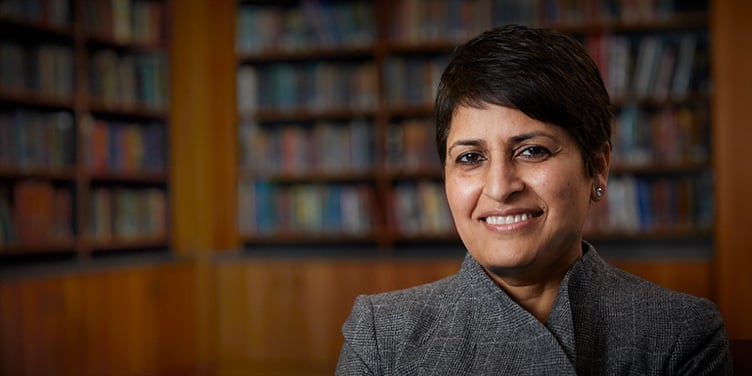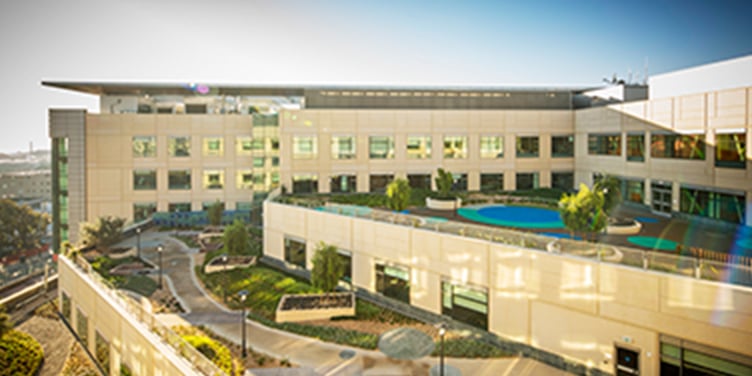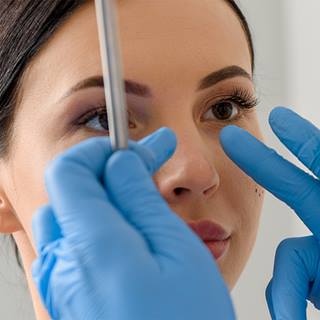Nasal Trauma

Overview
Nasal trauma most often results from contact sports, physical altercations or accidents. When excessive mechanical force is applied to the nose, it can cause a break in the bone, cartilage or both. Patients are usually diagnosed in an emergency department and referred to a specialist for follow up and potential treatment.
Awards & recognition
-
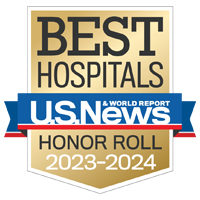
Among the top hospitals in the nation
-
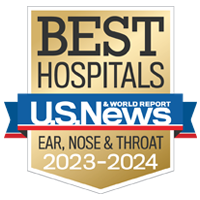
One of the nation's best for ear, nose & throat care
Signs & symptoms
Signs of nasal trauma may include:
- Nasal swelling or pain
- Epistaxis, or nasal bleeding
- Difficulty breathing through your nose
- Misshapen nose
- Bruising around the eyes
If you think you have sustained some type of nasal fracture, you should see a doctor immediately.
Diagnosis
Either a physician in the emergency department or your primary care physician will make the initial diagnosis. He or she will examine the primary site of trauma and determine if a nasal fracture was sustained. Imaging, such as a CT scan may be required in order to confirm the extent of trauma to your nose and surrounding areas.
Treatments
If treatment is recommended, it is best if an initial attempt at repair is performed within two weeks of the date of injury. This consists of a closed reduction; a procedure performed in the office or the operating room involving local anesthetic and a tool used to realign the displaced bone and cartilage.
If a closed reduction cannot be performed or failed to provide an adequate or complete restoration of nasal form and function, then a surgical procedure may be indicated. This usually follows the injury by three to six months and involves repair of the cartilage with a septoplasty and reconstruction of the nasal shape with osteotomies. Your surgeon will examine your nose and determine if nasal reconstruction is medically necessary.
UCSF Health medical specialists have reviewed this information. It is for educational purposes only and is not intended to replace the advice of your doctor or other health care provider. We encourage you to discuss any questions or concerns you may have with your provider.


